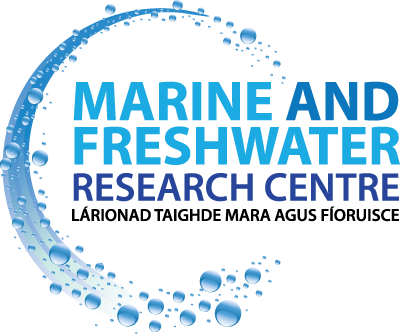The ecological effects of the invasive seagrass Halophila stipulacea on native seagrass meadows on the island of Grenada
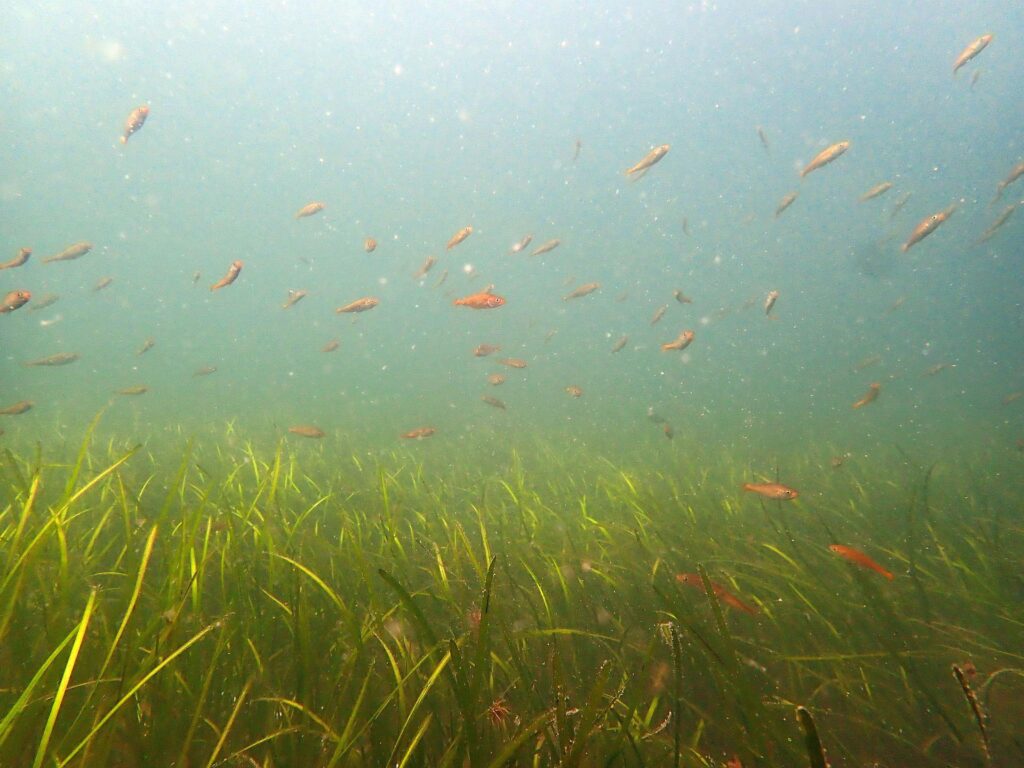
Due its fast and successful expansion and ecological effects, the Mediterranean seagrass Halophila stipulacea is recognized as an invasive species in the island of Grenada, in the Caribbean Western Indies. The available data on the rate of expansion of monospecific colonies, and its effects on native seagrasses and their associated biota, is superficial and warrants […]
Oisre Conamara
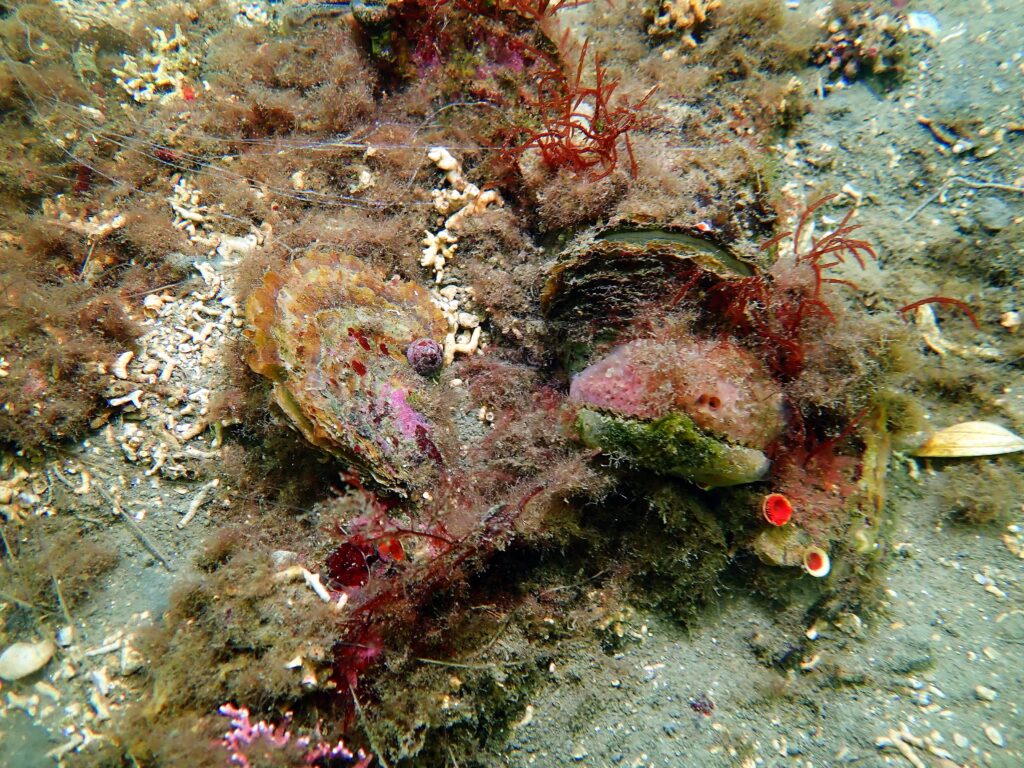
OISRE Conamara: Oyster Information and Scientific Restoration of Ecosystems of Conamara, is an ambitious ecological restoration project funded by the Irish Research Council (IRC) and Údarás na Gaeltachta under the IRC Enterprise Postgraduate Scholarship Scheme. The multidisplinary team of scientific divers and ecologists at ATU, in collaboration with the Comharchumann Sliogéisc Chonamara Teo shellfish co-op, […]
MERMEID – Marine macrofauna diversity using eDNA
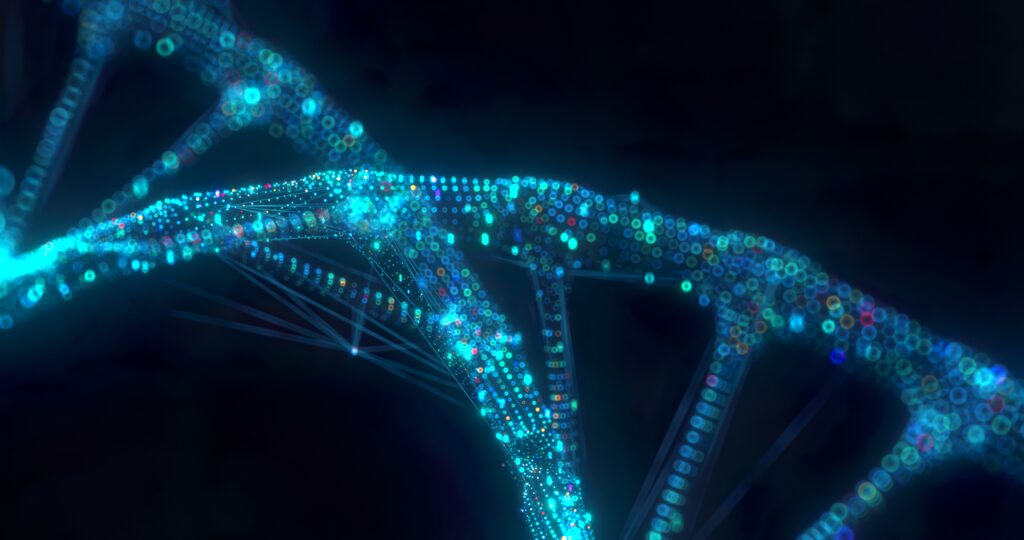
This project aims to integrate novel environmental DNA (eDNA) methods with multidisciplinary data for the monitoring of megafauna at a range of infrastructures including cabled observatories as well as aboard research vessels. Objectives of this project include: (1) design and implement ad hoc eDNA protocols and pipelines to be applied in situ in a range […]
Climate change impacts on fish stocks
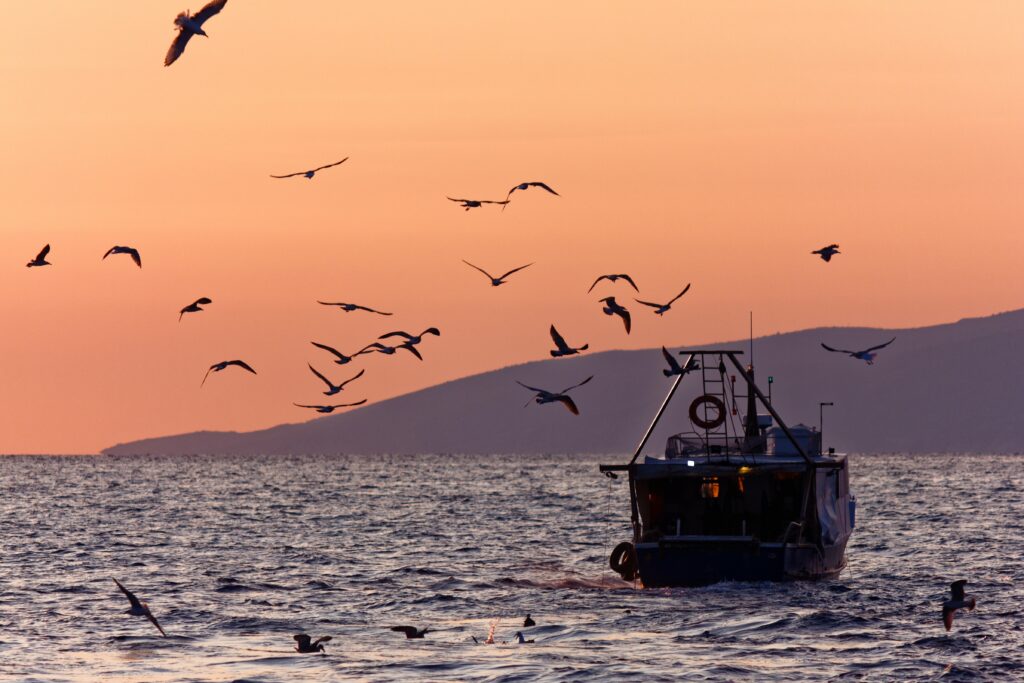
This project takes a whole life cycle approach to investigating impacts of climate change on fish stocks. Advanced time series, spatial modelling and biophysical modelling approaches are used to determine the influence of environmental and fishing drivers on larval dispersal and recruitment, adult distributions, migrations and overall stock productivity. The research is conducted in collaboration […]
Harbour Porpoise Statistical Review
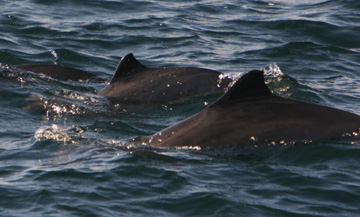
The aim of this project is to investigate the influence of environmental and observational effects on Harbour Porpoise survey counts from the NPWS monitoring programme conducted across three spatial areas of conservation in 2007, 2008, 2013-2016 and 2018. First, the detection probability function will be estimated using distant sampling methods extended with covariates in order […]
Genetic screening of zooplankton
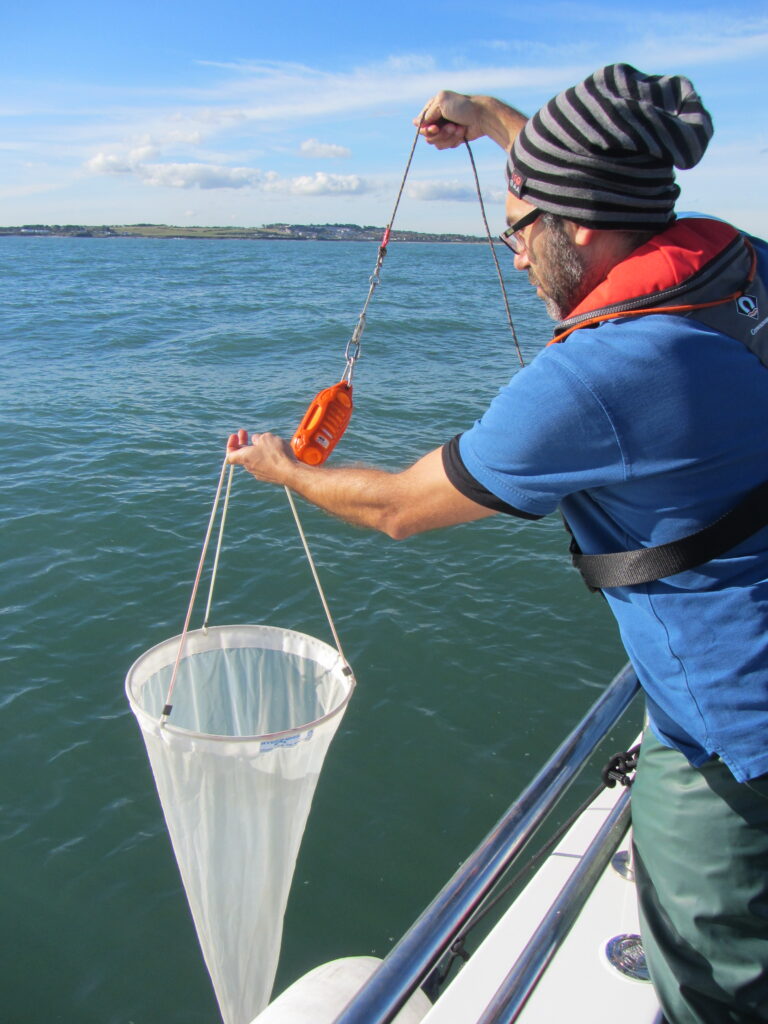
This project aims at developing state-of-the-art molecular tools for the rapid and cost-effective screening of plankton samples for the presence of bivalve and crustacean species of commercial value. This project is in collaboration with BIM and is funded by the European Maritime Fisheries Fund.
Marine Invasive Species Ireland
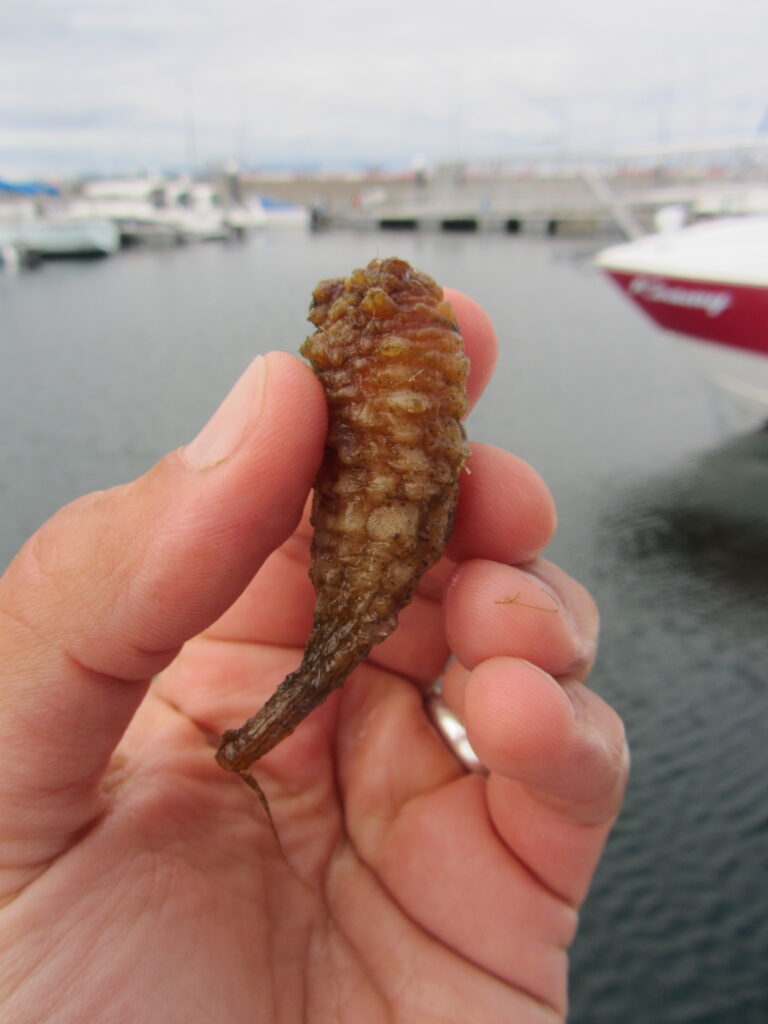
The goal of this project is to set up novel tools for the detection and monitoring of marine Invasive Alien Species (IAS) in Irish coastal waters. This includes the development of environmental DNA protocols for rapid detection, establishment of a surveillance eDNA database and mapping of marine invasive species. This project is led by GMIT […]
Characterising Oligotrophic Lakes
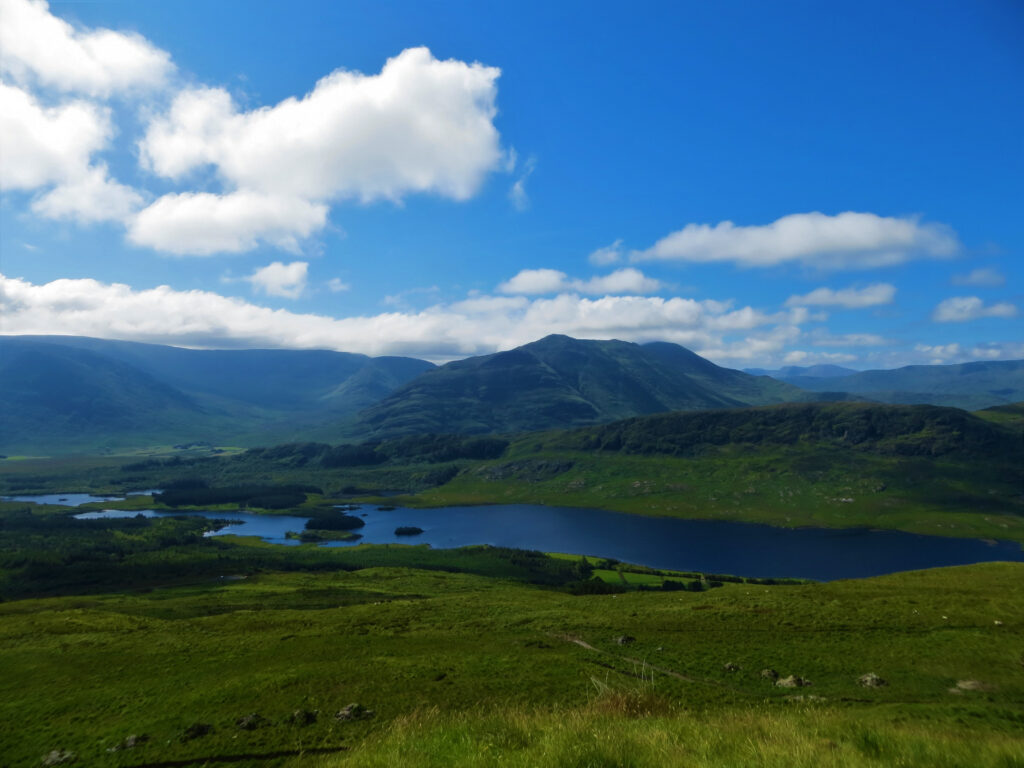
This EPA funded research project (2020-2024) is led by ATU Galway City in partnership with Roden Ecology. The multi-disciplinary team are gathering and assessing baseline data on oligotrophic lakes, allowing for their characterisation under the EU Habitats Directive. The team will determine what physical, chemical and biological monitoring methods and assessment tools are needed to […]
Corncrake conservation

GMIT are partners on this five year (2020-2025) collaboration which is funded through the EU LIFE program (LIFE18 NAT/IE/000090). The research aims to improve corncrake conservation status in Ireland by enhancing the SPA network and surrounding farmland. We are focusing on acoustic monitoring as a method of deriving density and abundance. Thermal imaging trials will […]
Antimicrobial peptides of Salmo salar
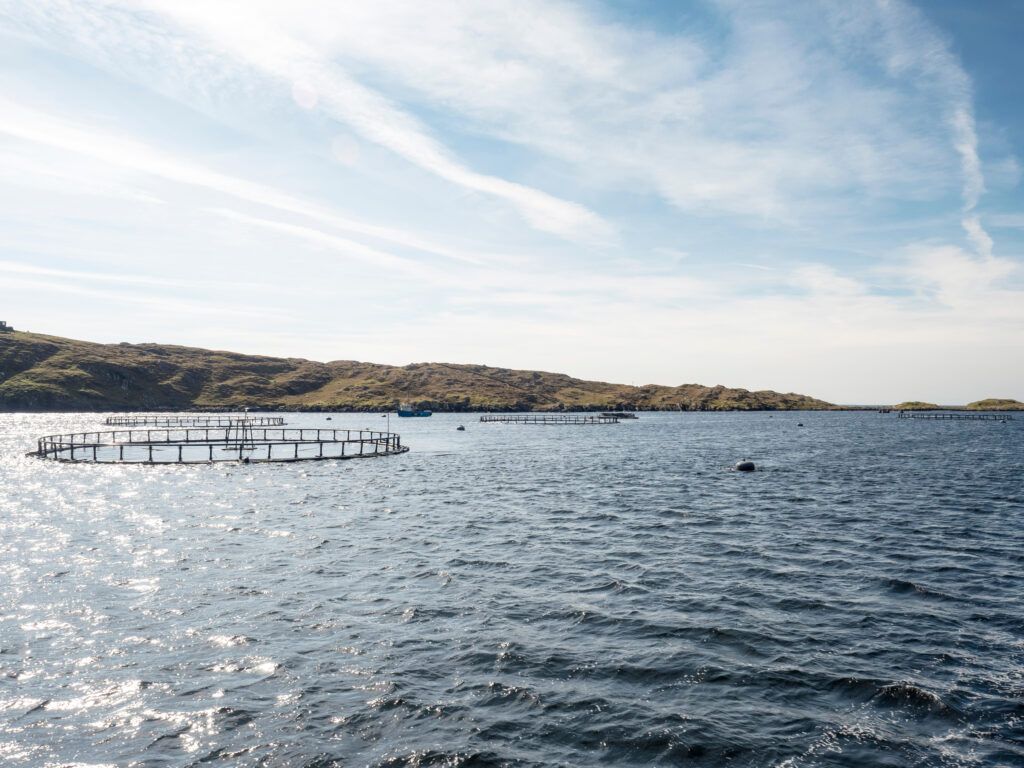
The focus of this project is the functional investigation of antimicrobial peptides in particular beta defensins and cathelicidins from Atlantic Salmon. The research is conducted in collaboration with Dr John Barrett (IT Sligo), and Dr James Brennan (IT Sligo) with funding from the GMIT Research and Innovation Strategic Endowment and GMIT / Connacht Ulster Alliance […]
